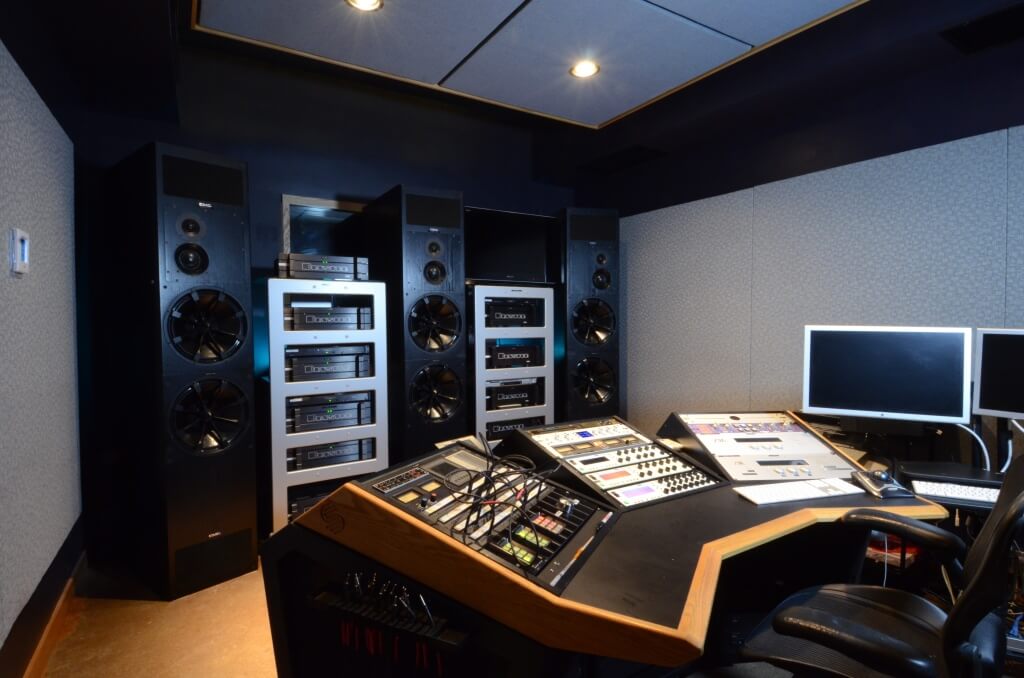5 Tips To Prep Your Tracks For Mastering
Throughout more than 40 years in the music industry as a mastering engineer, I’ve worked with artists ranging from Paul McCartney, Michael Jackson and Celine Dion to Kanye West, Metallica and Prince.
But far too many artists and producers – whether major stars or unknown acts – have expressed confusion or ambivalence about what mastering actually is, and how earlier steps in the recording process can make things go more smoothly in the mastering process.
Here are some tips that should help you better understand the art of mastering and improve the sound of your finished product:
Know What Mastering Is
Everyone who takes part in the recording process needs to be clear on exactly what mastering is. A mastering engineer is an independent set of ears who takes the sound of each track, enhances it, creates the album sequence according to client/label request, and makes it sound cohesive for the commercial release. We are the last piece of the recording puzzle before it’s approved to distribute to the market.
With today’s albums recorded and mixed by various engineers and producers in various studios, it’s crucial for the finished album to sound like one cohesive work. This is where a mastering engineer’s work is invaluable. All of the levels/EQs, fades, crossfades are adjusted depending on the type of music and the artist’s specific requests. Mastering engineers also optimize the tracks for various formats – CD, iTunes, radio, or vinyl – and edit songs when they need to be assembled from different takes.
Know The Sound You Want
With so many independent artists knowing very little about mastering, it’s important for them to at least know what kind of sound they want – quiet, loud, dynamic, emphasis on low end, emphasis on vocals, then work from there. Artists should pick one particular album they really like, as far as their sound guide for their upcoming album, then give those ideas as examples to your mastering engineer.

Leave Space in the Mix
I always tell clients that they should leave at least 3-5db’s headroom, which means the mixers should take off the limiters and finalizers and give us the mixes without these enhancements.
So many new mixers these days decide they want to “finalize” the songs – i.e. make it as loud as a finished album – so when it comes time for mastering, it’s so saturated that there’s absolutely nothing we can do to enhance that track.
If you have a decent mix with proper head room then it’s possible for us to do a nice and thorough mastering job, and we can do a better job addressing whatever concerns the artist may have, especially with the digital EQ tools available these days.
Keep Communication Open Throughout The Process
A simple way to look at the relationship between mastering and mixing is that mastering exaggerates the mix. If you had problems in the mix, they will become more prominent when they get mastered – louder, brighter, bassier, etc.
It can’t be overstated how important and clear the communication between mixer and mastering engineer needs to be each step of the way. Good mixers will often ask me, “How is the mix?”, and I’ll share honest feedback and we’ll work back and forth until the mix is truly optimized for mastering. They appreciate the feedback because their name is on the record, just like mine is.
That said, it can get extremely complicated and expensive when producers keep sending new mixes to the mastering engineer, so it’s vital to be clear on financial flexibility, especially for smaller independent artists. Good mix engineers will also give us multiple versions of songs – “vocals slightly louder,” “bass slightly down,” etc. – so any corrections that need to be made late in the process are easier.
Also, the fact that few albums are done in one place these days makes this type of communication even more important, so there is a sense of cohesion early on in the process rather than at the very end.
Attend The Mastering Session
It’s always been preferable for artists and producers to attend the actual mastering session, so they can directly communicate with the mastering engineer about any EQ/level changes they may want to make. If it’s an artist’s first time putting out a record, it’s even more crucial for them to understand what goes on in the mastering process and how they can attain the exact sound they have in mind. If all goes well, this should take a day or two of studio time. Then, they can really experience and learn the difference between mixing and mastering.
Final Thoughts
For producers and engineers interested in getting a more in-depth look at the mastering process, I’ve been hosting hands-on workshops geared towards serious audio professionals. We’ve had engineers from all over the world come to our state-of-the-art studio in Charleston, South Carolina, with the latest technology on-hand to guide them through the most advanced mastering techniques. You can find more info on that at www.vladomastering.com.
ABOUT THE AUTHOR
Vlado Meller is one of the most esteemed mastering engineers throughout more than four decades in the music industry, working with artists including Michael Jackson, Kanye West, Pink Floyd, Frank Ocean, Andrea Bocelli, Paul McCartney, Celine Dion, and Metallica. Vlado worked with CBS/Sony Records for 38 years and continues to work independently in Charleston, South Carolina.
